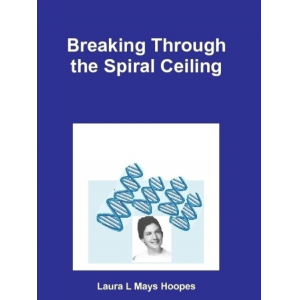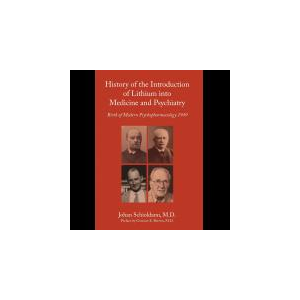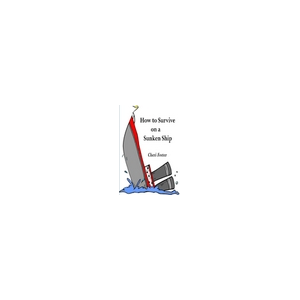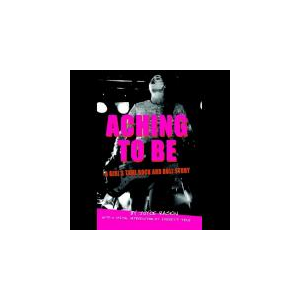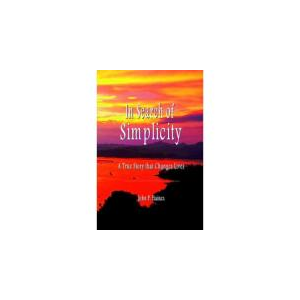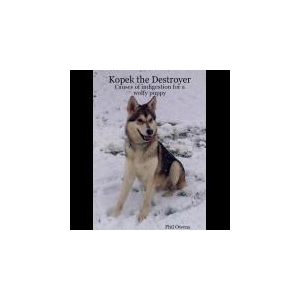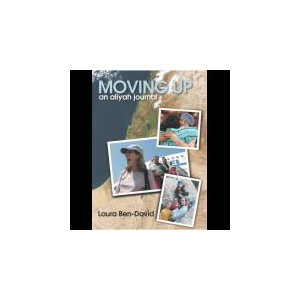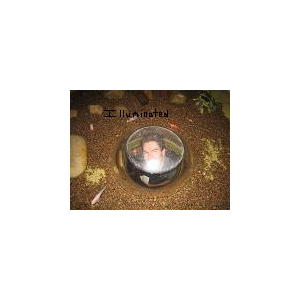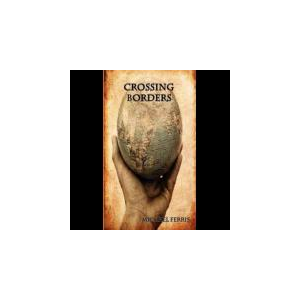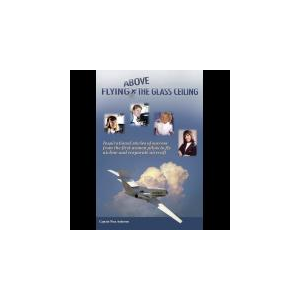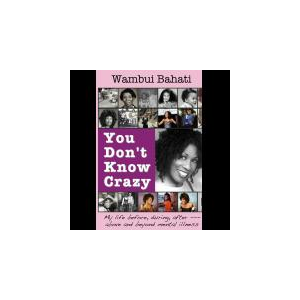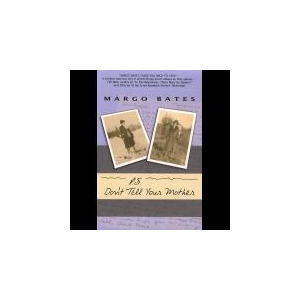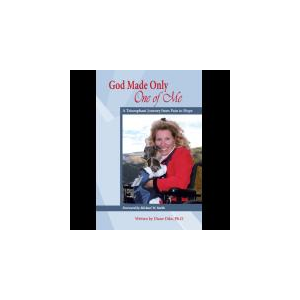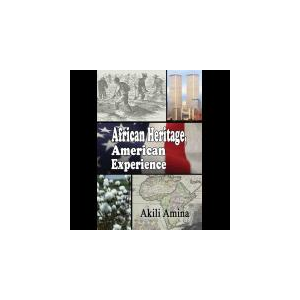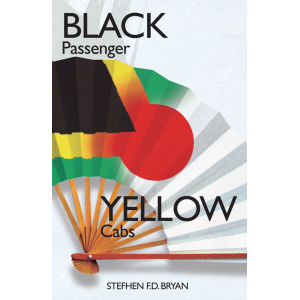In My Own Words [Still Running]
IN MY OWNWORDS
[STILL RUNNING]
Mickey Finn
In June 1964, a twelve-year old child was summonsed toappear at Dublin’sChildren’s Court. The offence for which he was charged related to an amateurishbreak-in when coerced and accompanied by older children. In terms of gravitythe misbehaviour was hardly more than a prank.
In the severe surroundings of that oak panelled court,deep in the bowels of DublinCastle, Mickey wassentenced to serve Three years hard labour in what was then known as anindustrial school.
Letterfrack IndustrialSchool to which he was sent is situated in Connemara, one of Ireland’s most isolated regions.For a child its remoteness found its equal only in a Siberian gulag; thelikelihood of escape less than that from San Francisco’s notorious Alcatraz Prison. Its seclusionin this malevolent place of correction was a major factor in theinstitutionalised abuse of children by the Christian Brothers withwhom these unfortunate waifs were placed Many of these ill-fatedyoungsters had not been convicted of any offence; their crime was that theywere orphaned; most if not all were victims of dysfunctional family life.
During his sentence Mickey, and the hundreds of otherchildren who passed through this den of depravity, were methodically physicallyand mentally tortured and abused. The IrishStatewas instrumental in providing this depraved band of brothers with a steadysupply of victims. With Taliban-like zeal the Christian Brothers methodicallyadministered random life threatening beatings merely on a whim; the moreinjurious were witnessed by fellow brothers and many witnessed by otherterrified children.
Sexual depravity was also the lot of those unfortunateenough to have been sentenced to industrial schools. Today known as Children’sDetention Schools the term industrial school was not as misplaced asmight first appear: In essence these children were the indenturedslaves of the Republic of Ireland.
Children, many as young as four and all undersixteen-years of age, were required to work. The toil was unrelentingly hardmanual labour. In many cases it meant being awoken before dawn and worked untildusk. Unsuitably dressed to withstand the elements their labours took themto farms, bogs for the cutting of turf, the husbandry of farm animals includingtheir slaughter, and that of a shepherd. Harvesting, tree removal, wallbuilding, rock-breaking and removal were some of soul-destroying back-breakingtasks set for them.
Their labours were invariably accompanied bywhippings, kicking, beatings and constant exhortations that they work harder.Punishments were carried out randomly and often without reason on a day to daybasis.
Our hearts are filled with dread, remorse andsentiment when hearing the poignant ballad TheFields of Athenry. It is a song that describes the misfortune of a youngman who having stolen a little corn is transported abroad. Ironically thefields of Athenry are but a short distance away from the fields of Letterfrackbut there is no song of that name.
Is it because it happened so recently? Is it becauseit is where the bodies are buried? Many of the unfortunate children who died atLetterfrackIndustrialSchoolhave no recognised Christian resting place. Is it not time to reflect andperhaps remove from the grave some of Ireland’s darkest secrets? Mickey Finn. mickeyfinn14@gmail.com
The Story Behind This Book
In June 1964, a twelve-year old child was summonsed to appear at Dublin’s Children’s Court. The offence for which he was charged related to an amateurish break-in when coerced and accompanied by older children. In terms of gravity the misbehaviour was hardly more than a prank. In the severe surroundings of that oak panelled court, deep in the bowels of Dublin Castle, Mickey was sentenced to serve Three years hard labour in what was then known as an industrial school. Letterfrack Industrial School to which he was sent is situated in Connemara, one of Ireland’s most isolated regions. For a child its remoteness found its equal only in a Siberian gulag; the likelihood of escape less than that from San Francisco’s notorious Alcatraz Prison. Its seclusion in this malevolent place of correction was a major factor in the institutionalised abuse of children by the Christian Brothers with whom these unfortunate waifs were placed Many of these ill-fated youngsters had not been convicted of any offence; their crime was that they were orphaned; most if not all were victims of dysfunctional family life. During his sentence Mickey, and the hundreds of other children who passed through this den of depravity, were methodically physically and mentally tortured and abused. The Irish State was instrumental in providing this depraved band of brothers with a steady supply of victims. With Taliban-like zeal the Christian Brothers methodically administered random life threatening beatings merely on a whim; the more injurious were witnessed by fellow brothers and many witnessed by other terrified children. Sexual depravity was also the lot of those unfortunate enough to have been sentenced to industrial schools. Today known as Children’s Detention Schools the term industrial school was not as misplaced as might first appear: In essence these children were the indentured slaves of the Republic of Ireland. Children, many as young as four and all under sixteen-years of age, were required to work. The toil was unrelentingly hard manual labour. In many cases it meant being awoken before dawn and worked until dusk. Unsuitably dressed to withstand the elements their labours took them to farms, bogs for the cutting of turf, the husbandry of farm animals including their slaughter, and that of a shepherd. Harvesting, tree removal, wall building, rock-breaking and removal were some of soul-destroying back-breaking tasks set for them. Their labours were invariably accompanied by whippings, kicking, beatings and constant exhortations that they work harder. Punishments were carried out randomly and often without reason on a day to day basis. Our hearts are filled with dread, remorse and sentiment when hearing the poignant ballad The Fields of Athenry. It is a song that describes the misfortune of a young man who having stolen a little corn is transported abroad. Ironically the fields of Athenry are but a short distance away from the fields of Letterfrack but there is no song of that name. Is it because it happened so recently? Is it because it is where the bodies are buried? Many of the unfortunate children who died at Letterfrack Industrial School have no recognised Christian resting place. Is it not time to reflect and perhaps remove from the grave some of Ireland’s darkest secrets? Mickey Finn. mickeyfinn14@gmail.com

